Vladimir Chuchelov on Caruana, Giri, Radjabov, Yifan, Vidit and Strategic Balance
In terms of trainers in the world of chess there are very few who can rival the achievements of Vladimir Chuchelov. 50-year-old Vladimir lives in a small town of Eupen in Belgium. He shuns public attention and has very few interviews and information published about him online. It's a pity that very little is known about a man who has trained the absolute best in the world of chess - Fabiano Caruana, Anish Giri, Teimour Radjabov to name a few. Vladimir is also well-known in the chess world for his Strategic Balance. What is Strategic Balance, and how does Chuchelov work with these elite players? IM Sagar Shah decided to interview the man. This article tells you all about the genius of Vladimir Chuchelov.
"Strategic balance is taking all aspects of the position into account to explain why the best move is actually the best move."
- GM Anish Giri
Vladimir Chuchelov is one of the finest trainers in the world of chess. It's very difficult to find a trainer like him who has worked with several of the absolute best players in the world - Giri, Caruana, Radjabov, Vidit, Hou Yifan and more. Living in the small town of Eupen in Belgium, Chuchelov shuns public attention. However, his achievements make him a personality in the chess world about whom each one of us would like to know more. It is with this intention that IM Sagar Shah conducted an interview with Vladimir on the ChessBase India YouTube channel. Through this interview you get to know more about Chuchelov the trainer and his brainchild, the course which almost each of his student has to go through - the Strategic Balance.
Interview with Vladimir Chuchelov
Sagar Shah (SS): Let's begin with your work ethic. I know that you have been consistently working hard now for around two decades, and you have given it your all to chess training.
Vladimir Chuchelov (VC): Of course, actually this whole story started in 2002. It was not like I was thinking to pursue a career in coaching right from the beginning. As usual a few things happen only as coincidence. I have to thank Dutch grandmaster [Jeroen] Piket who in 2002 invited me to be his second at that time in Wijk Aan Zee. So that's how the whole thing started. I had some little coaching experience before, but it was my first time for a top event with a top player, so it was really huge for me at that time and I remember that we had all these sessions in Netherlands and then we went to Wijk Aan Zee. Although, I tell this story often to my students, my first experience in Wijk Aan Zee wasn’t that great because I got completely sick. Wijk Aan Zee is famous for its flus you know, because there are many people coming from all over the world. Of course, it cannot be compared with the current coronavirus situation but it has always been a place where in general you have to be careful. So for me the first experience was quite dramatic. I contracted severe flu and even had to go back home in the middle of the tournament.
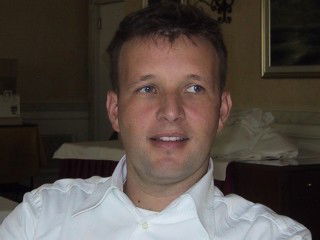
SS: So 2002 was when your training career began, I think we are going to talk about your entire journey from starting as a trainer to becoming the best in the world. Just want to tell you that there are close to a thousand viewers watching this at the moment and in fact we also have one of your students watching this live stream. Can you guess who he is?
VC (Laughs): I hope it is not Anish Giri!
SS: You guessed it right. We have Anish with us, he has joined us even though he has to play the Legends of Chess online tournament a few hours from now. So while he is with us, how about you telling us a bit about Anish? How did you get in touch with him?
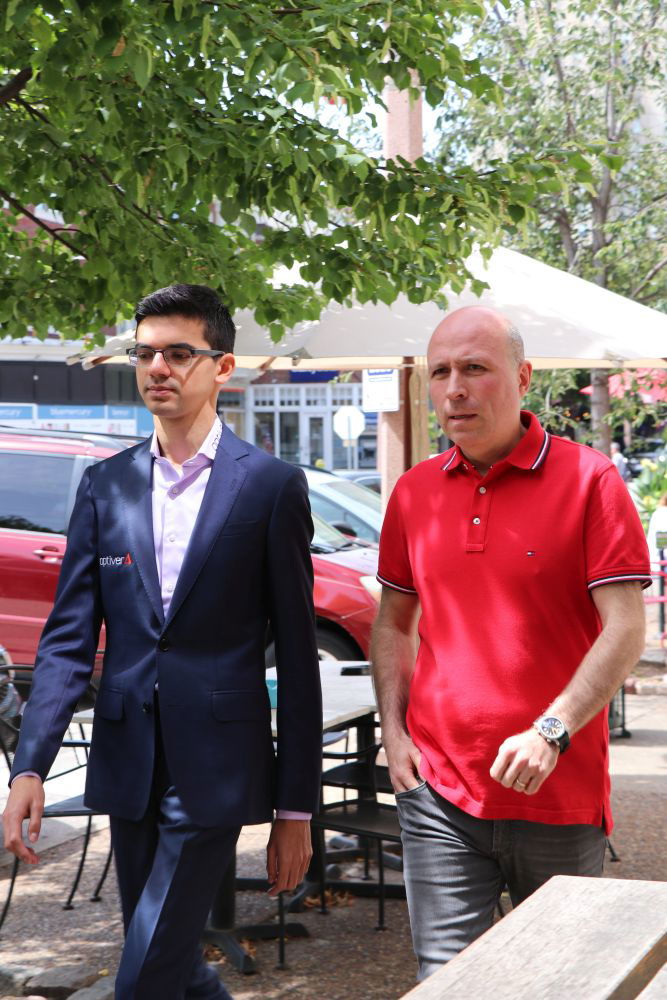
VC: Well I don't remember exactly. I had some kind of assignment somewhere and they told me that this young player was moving to Netherlands soon so I should see him. He was very young at that time and we just said hello to each other or something! Later, the next year he was playing the group B of Wijk Aan Zee and he was playing really well and would qualify to group A. I don't remember if I started working with him before that or after. I only remember Loek van Wely, whom I was accompanying at that time, was making a lot of jokes about how I was focusing on Anish's games in group B because that would mean he would qualify to group A and we would work together.
SS: Okay Anish tells us in the chat that he began working with you around Dutch Championships in 2009. When you started working was he already 2650+?
VC: No it was much earlier than that. If I am not mistaken he was like 2530 or 2535 when we started working. I remember when I began working with Fabi he was about 2670. With Anish we started much below but we worked all the way till 2013 when he was around 2750.
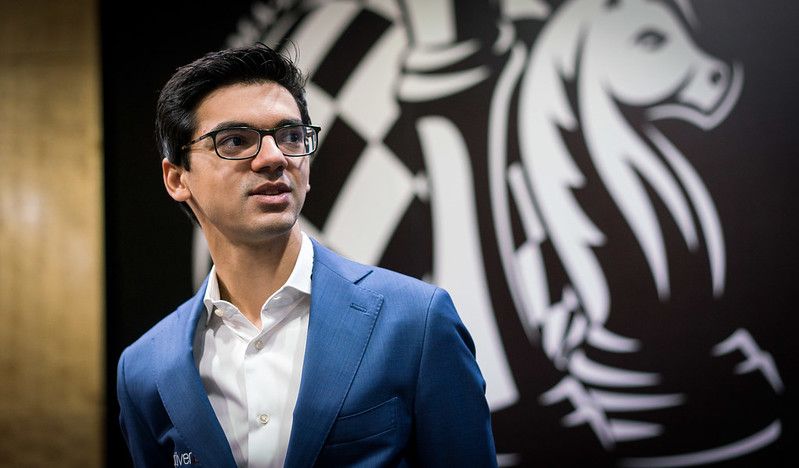
SS: What would you say is Anish’s best quality as a player and as a student? What did you find in him that made you feel this boy would go the distance?
VC: I think already from our first session he was really good and I gave him exercises, some of them were really difficult, but he surprised me a few times. Incidentally this was some version of the course on Strategic Balance and I remember some of these positions had several sub-positions but he totally impressed me. So I wrote to the Dutch Federation that they should do something about it, because I believed he was going to be in the future top ten. Although it was a long way to go but I was totally optimistic.
SS: Was Anish the first top student you worked with or was it Fabi?
VC: Well initially it was Jeroen Piket and Loek van Wely I worked with for 4-5 years. Of course, we didn't work at a stretch but we were working from time to time and I was accompanying them to tournaments like Wijk Aan Zee. Anish wasn't the first but also at that time Anish was also not a top player but yes he was very promising.
SS: With Fabi you started working when he was around 2670 or 2680 and pumped it up to 2800!
VC: Yes he was around 2670 but it was also the kind of 2670 which could easily drop to 2610 (Laughs)
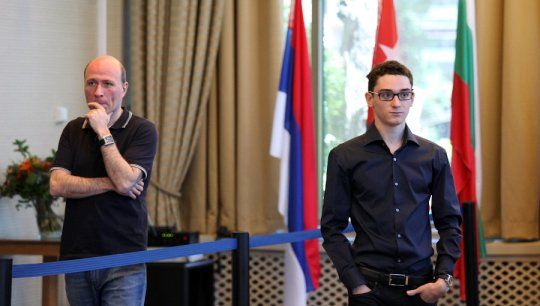
SS: I think he also gave his best performance when you were working with him at the Sinquefield Cup 2014. It was an unbelievable streak where he scored seven wins in first seven rounds!
VC: Yes seven out of seven was a completely amazing performance. Of course don't think it was all planned but it was the highlight of the tournament. I could see how in general things were working in chess and in training business. If you really want to become a good player you need to have some kind of process and not just go haphazardly training here and training there. The Sinquefield Cup was the crown achievement brought about by the process which was going on since many years of course. Not to mention, in each tournament you have certain circumstances, in this case all the circumstances were in Fabiano's favour but at the same time if you look at the games, all kind of ideas in openings and in preparation, you could see that he was using all our work what was done not only before the tournament but through all the periods. One idea was from two years ago, another one from one year ago, all got incorporated in this big success.
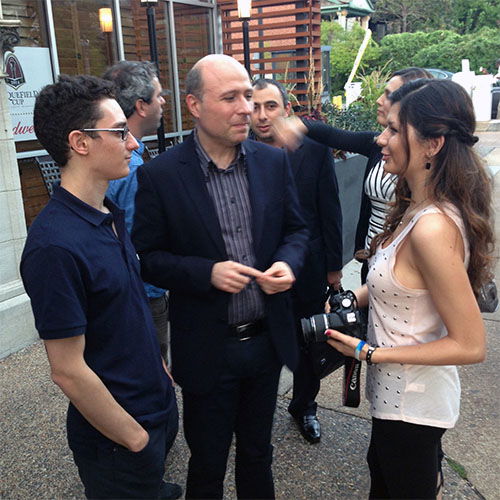
SS: You met Anish and Fabi when they were very young and now they have become world class players and now Fabi is world no.2 and Anish has been in the top for many years, now he is no.10 but he has been no.4 in the world. What were the differences between these two players? Are the methods always same for working with two different individuals or is it different completely.
VC: The common base always when we were starting was this related to Strategic Balance. So that's what in general was very often common but also what was common is the kind of analytical work. People call it different ways, some say it's working on openings, but for me actually analytical work is exploring chess and so let's say for strong players this happens a lot during opening preparation but for me there's no clear distinction between Opening, Middlegames, and Endgames; it's all actually pretty much universal so I call it simply analytical work. Of course apart from this what we were doing a lot was deeply analyzing the games we played, discussing it from all possible perspectives. Even when they were above 2750 we were spending a lot of time discussing games. When I work with my students its in two phases: first is the strategic balance course which is pretty big in itself. It's even more than the actual 60 hours we allocated because we need to put some kind of limitation or we could just go on and on. It is kind of subject that can be discussed forever and it's an ongoing process. And then we come to this analytical work where one simply analyzes, you just have to explore chess, you have to constantly analyze new positions and discover new ideas and understand how they are working. Obviously we are also very actively using computers in modern times and this itself is a standalone subject. You really have to perfect the art of working with the computers. It's not about what the engine says but its important to understand why it says so.
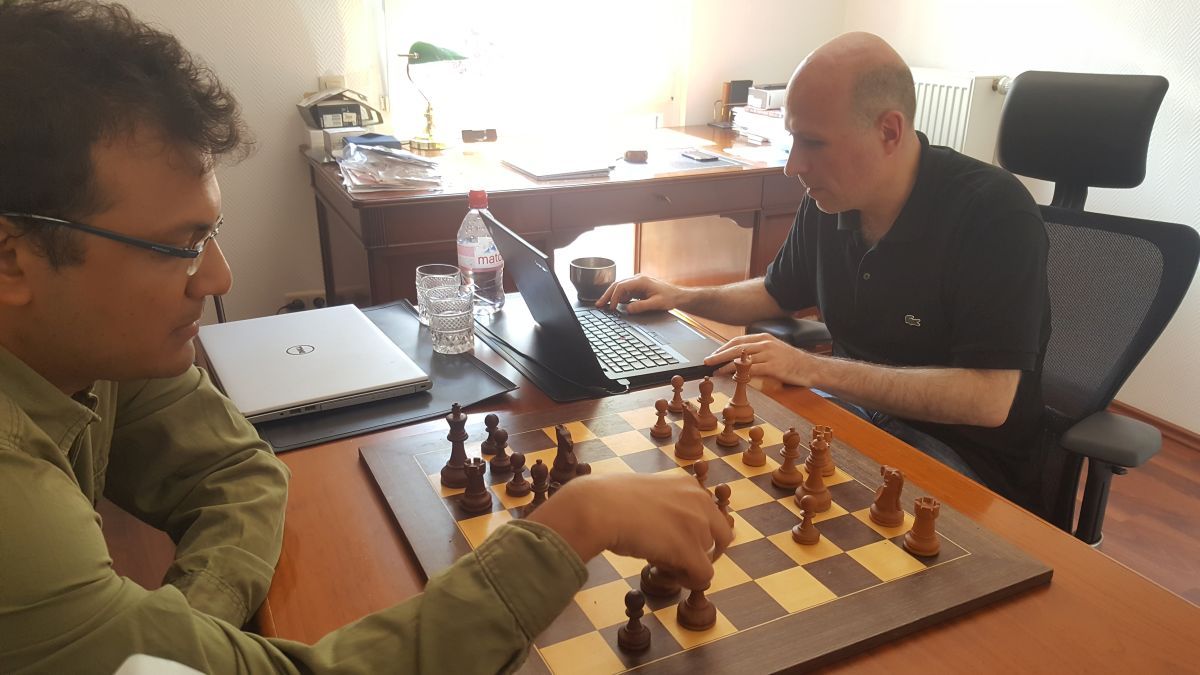
SS: Coming to the topic of Strategic Balance, I think this is something which is very unique to you, this is something which we can say is your trademark and this is also going to be the theme of what you will be teaching from the 1st of August when we will have the training session. So what is Strategic Balance according to you? Is it like something which can change the understanding of a player with regards to chess?
VC: Well, I believe it can definitely bring a change. First of all it shows quite a different approach, it's all about the way we learn chess. We talk about all kinds of elements: the pawn structure, position of the pieces, good knight, bad knight, pair of bishops, open files, center, playing against the center. We talk about all these ideas and how they work with each other. To show that each position deserves its own approach and is based on the strategic situation on the board and not on separate elements. You get much better understanding of the concepts. Let's say a concept like prophylaxis, we talk a lot about prophylaxis but not all of us understand that prophylaxis is only beneficial in some types of situations and in some other situation it can just be a waste of time. So basically it gives you the means to approach different kinds of position where you are strategically superior or inferior. When you play with white pieces you are always in a strategically superior position and when you with black pieces you are always in a strategically inferior position. So it shows you how you have to handle certain types of situations with clear rules and ideas.
SS: Is it like a concept that you built over a period of years, how did it come into existence?
VC: I think it was the year 2000, I was playing at the tournament in Mondariz, Spain. It was the interzonal tournament at that time for qualification in the future candidates, it was some kind of selection. There I met Josif Dorfman who was also actively working as a trainer. The tournament was a long one and we didn't have much to do. So Josif and I would get together and go on many walks and we were discussing live chess, students, so all kinds of things. I remember he was actively discussing about the idea of static balance which later he wrote two books on: The Method in Chess and its follow up. You know Grandmasters are always very skeptical when they are told that there's a methodical way to find the best move in any given position. They of course have all sorts of questions. So during that time we came up with the idea of really finding an algorithmic way. Later his book came first and I must say nothing happened till 2005 until I started taking coaching projects. It was then that the the ideas I had discussed with Dorfman started coming back to me.
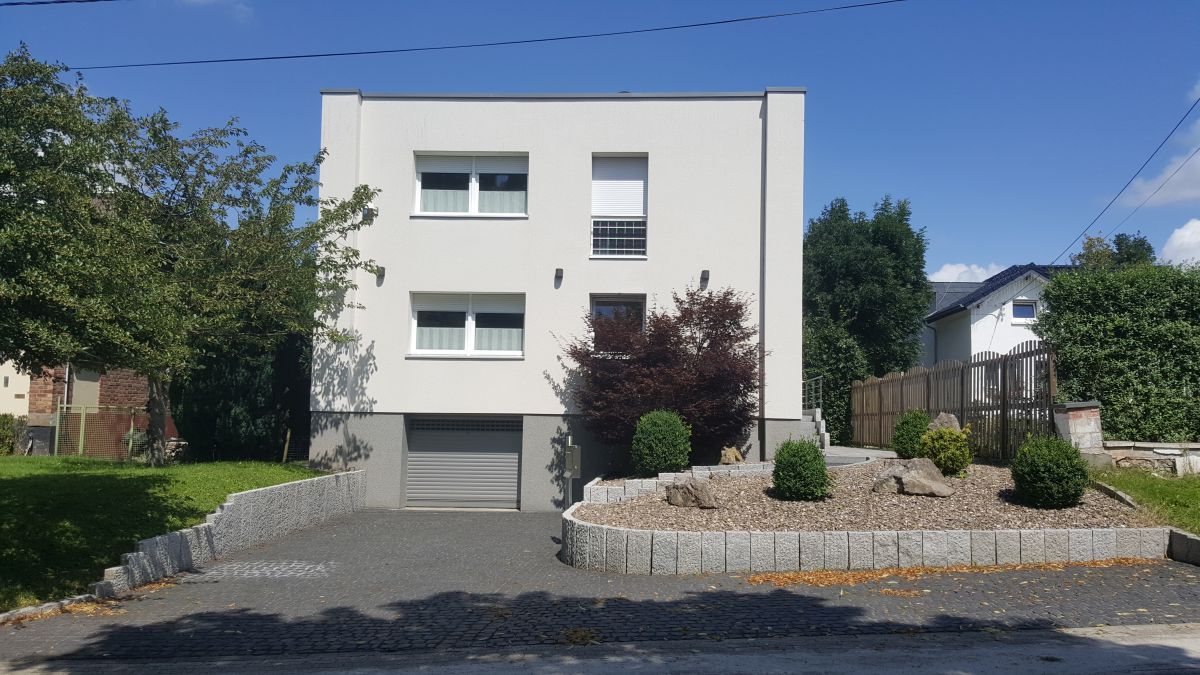
SS: So is it true that any student who wants to work with you has to take up this course?
VC: Well, let's say it would make much less impact, much less sense if you don't go through the strategic balance course before beginning the work with me. It's like understanding a new dimension. I had the good fortune of training many Grandmasters and strong players with it and in a way they also contributed in the development of this system.
SS: I am thoroughly impressed by your work ethic, like you are constantly fine-tuning your course, you are trying to improve your material. Where does this passion come from?
VC: First of all you have to love chess in general, but for me its the passion for analysis, I have the passion to find out the truth. I am always keen to find some new ideas or perfect some old ideas. It is drive to perfection I would say!
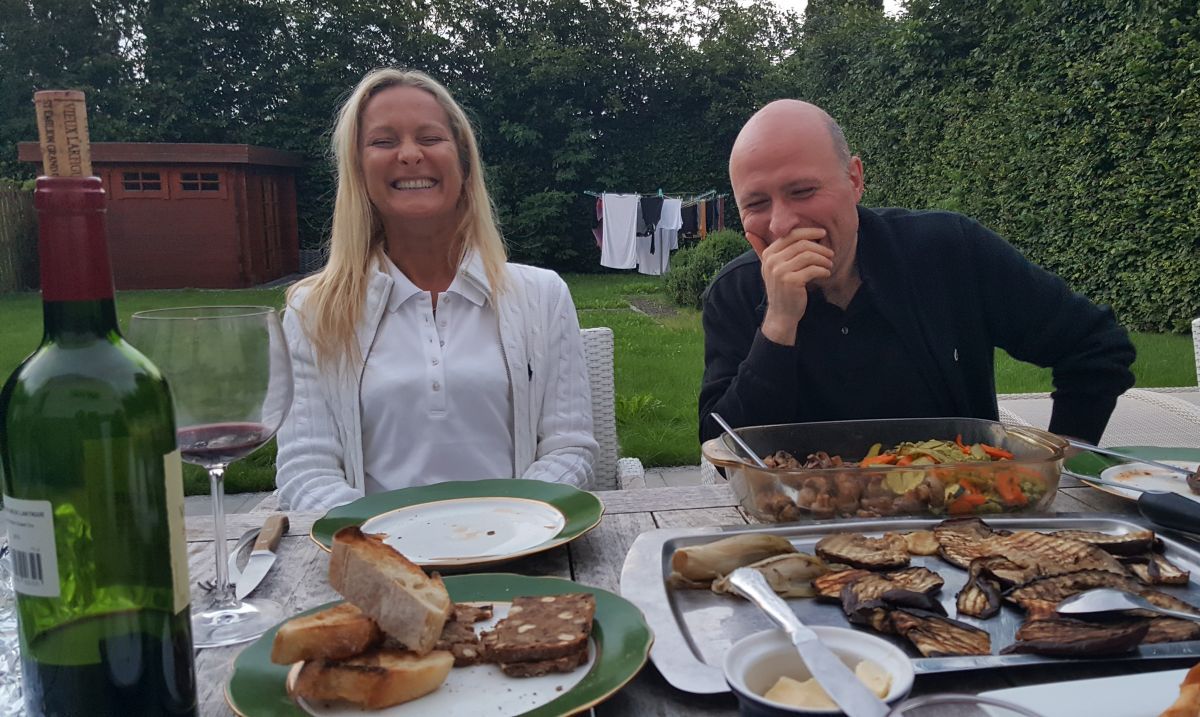
SS: We spoke about Anish and Fabi, I think one of your students we definitely need to talk about is Radjabov. He is one of the best in the world. He is no.9 and also won the World Cup recently.
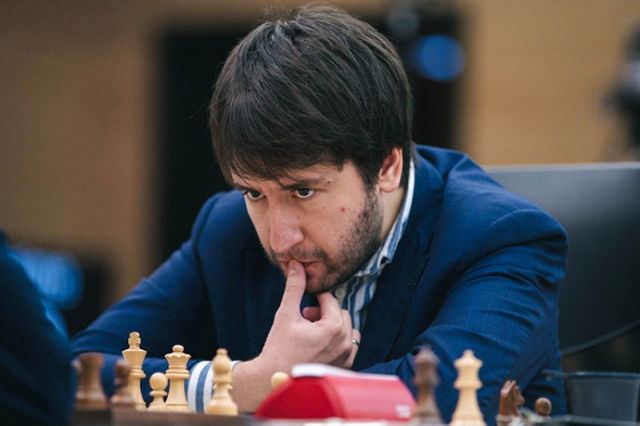
VC: To tell Teimour is only a chess player would be too narrow because he is actually advanced in many ways. For example he has some great business qualities. The first time I met him maybe was in Wijk Aan Zee tournament, it was a long time ago in 2002 or 2003. His father Boris accompanied him to many events, he was helping him a lot. I remember he played a game against Loek van Wely and we were discussing the game. At that time he was playing all sorts of risky openings like the Stonewall or the French. It was impossible to convince him just by saying that White was better or something because he would immediately come up with twenty-five moves and keep giving variations nonstop. He can be very hardworking but he is also a player with high emotions. Sometimes he is on a high but sometimes also very down. So motivation is a great factor. I tried to motivate him to take my Strategic Balance course and it wasn't easy for him (Laughs). We had some record sessions with thirty or forty days in a row. He is also a perfectionist, if he does something he wants to be ready to devote a lot of time for preparation, so that's why we don’t see him playing often. Clearly a very big player and very talented. You can see his performance at the World Cup 2019. The games there were all excellent.
SS: You have achieved everything as a trainer. Your students have become the best players in the world. I think one of the things that is missing is a world champion but in a way even that has also happened because you have trained Hou Yifan who has gone on to become the world champion in women's chess. Do you think that she kind of prematurely stopped playing chess and that she could have gone all the way upto 2750?
VC: For me it's of course a pity that she has taken a break. She is clearly very talented, she was in this period of her life where she was not sure whether to interrupt her chess career and go on to academic studies. But also she is somebody who has a lot of interests apart from chess. It was great fun to work with Hou Yifan. Definitely I was also helping her during the World Championship match against Mariya Muzychuk so a great experience overall. My opinion is she could definitely cross 2700. She was very close. She was 2680 at some point.
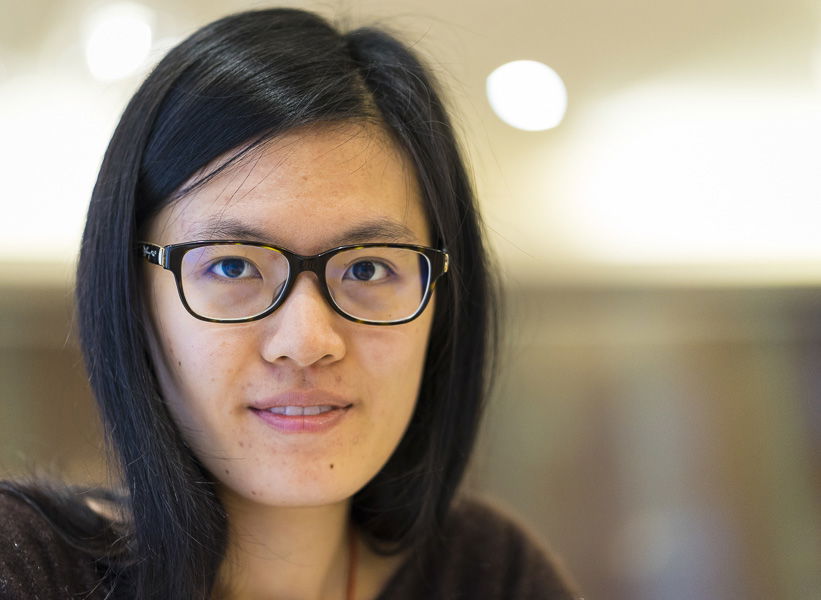
SS: Those are some great insights. We are very keen to know about this next student of yours, Vidit Gujrathi. How did he do in the Strategic Balance course?
VC: You know, it's actually a shame that we haven't finished it yet. We got interrupted in the middle, because at some point he had to play tournaments so we had to focus on some concrete preparation, we started working very recently and then came the pandemic situation which made it worse but yes we are certainly going to finish the course. Vidit definitely got the basic idea of the course.
SS: A lot of the Indians have big hope for Vidit, how do you find him as a player? And what is your opinion about him as a player?
VC: It is clear Vidit is a very talented player and definitely there are many young players in India. Of course Vishy is still no.1 but it's clear that the young generation will push, so there is no doubt about it and Vidit is leading the squad. We will see how it develops. It depends exclusively on the player how he develops. In general it is very difficult to predict anything in sports, but of course for a young player like Vidit all options are on the table!
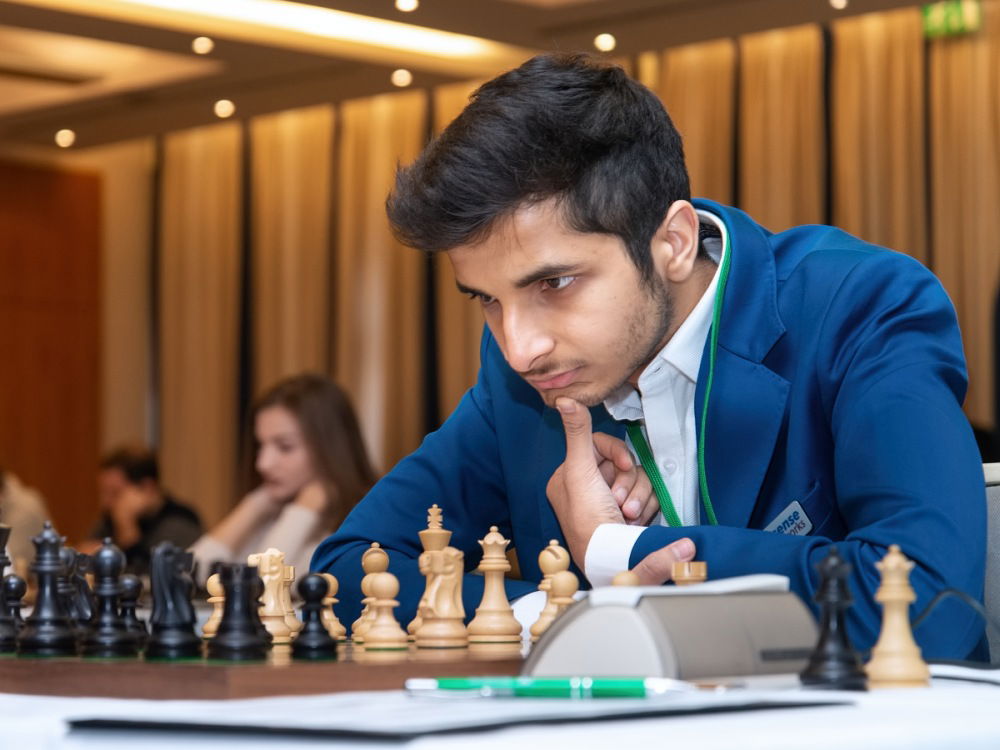
SS: If you had to point out one quality of Vdit that you like very much, what would it be?
VC: That's a good question (Laughs) ... Maybe it is this that he likes to take coaching from me! (Laughs!) I don't want to give away too much about Vidit on this live stream before a thousand people. It's like soccer you know, if they get to know the strengths of his game they will immediately start devising counter-strategies against them!
(At this point Vidit joins the stream)
SS: (to Vidit): Till now Vladimir has been talking about Anish, Fabi, Yifan, Raja and now about you, tell us a bit about Vladimir and him as a trainer and what has been your experience working with him.
Vidit Gujrathi (VG): I think it's pretty obvious, after I started working with him, I saw a change in my understanding of the game and I noticed I was lacking in some areas where he is an expert and also he has guided me so in my games I saw the difference and also I spoke to Anish, Raja they also became much better player after working with him. One of the key things with him is that he is extremely hard working, he works around 10 hours minimum everyday and without fail, so in coaching there are not many professionals and he is clearly very professional.
SS: So Vidit basically this training camp which we have planned from 1st to 10th of August. This was basically your idea, you worked with Vladimir and based on what you experienced you wanted more players to work with him. Please tell us about this whole thing.
VG: In general good coaching is naturally expensive because it's very rare. When I look back at my career I wish I had better coaching, but back then I obviously couldn't because it was expensive and there were financial restrictions. But now this I think is a good opportunity because we are doing a group camp. Here you have the opportunity to actually understand Strategic Balance in less than half of the actual price. So for instance if I was a 2300 or 2400 looking to improve, I would definitely take this opportunity and consider it an investment on myself that would eventually pay off. That was the plan and coach readily agreed. It's good that it's happening and if young players take interest in it they are surely going to improve, I have no doubt about that.
SS: It's really great Vidit, you are already world no.23 trying to break into the top ten but at the same time you are also thinking about the betterment of next generation players. You are planning develop something of a chess academy right?
VG: Yes, it's a child project right now but the idea is to make very high quality training available to players. I think it would help because in general travelling to Europe from India is quite an ordeal. Of course, during this lockdown when we were all confined to our homes and chess moved online, suddenly it became possible to work online. So far I can tell you I haven't faced any trouble working online. Obviously it is much better face to face but it's not a very big difference.
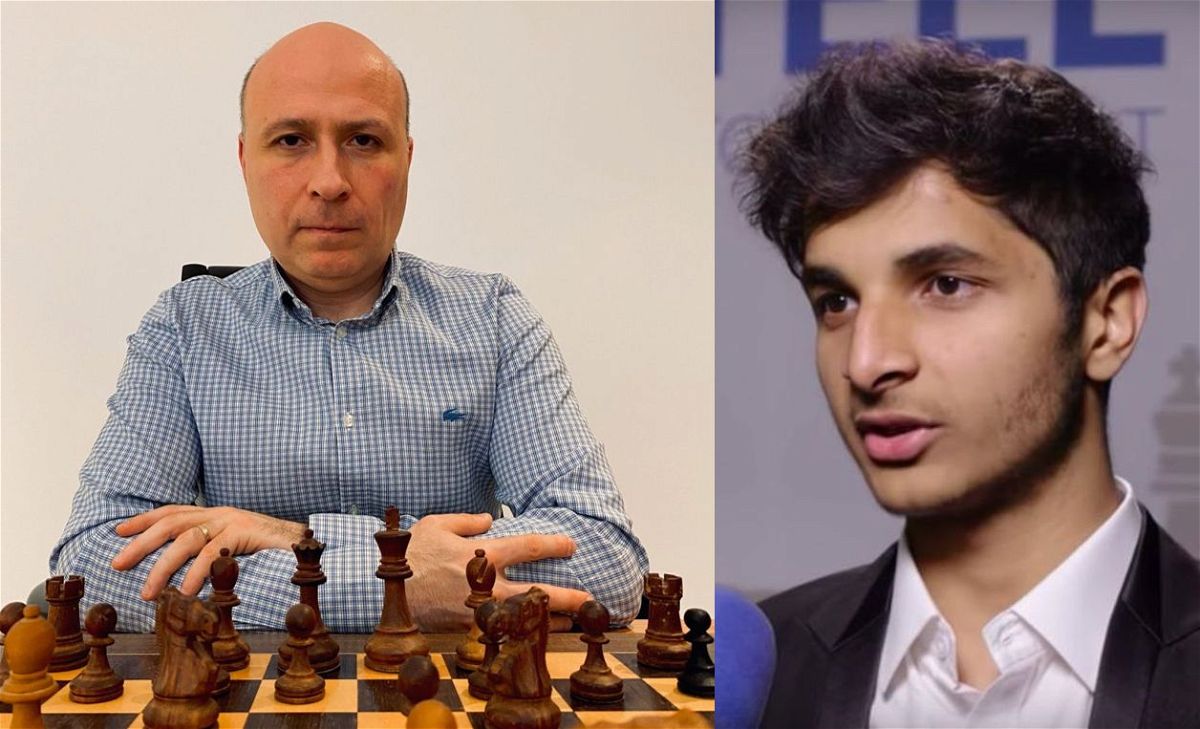
About the Training camp from the 1st to the 10th of August 2020
Vidit Chess Academy along with ChessBase India has organized an online training camp with Vladimir Chuchelov from the 1st to the 10th of August 2020. The training camp will be 50 hours long and the topic is "Strategic Balance". The Strategic Balance is Chuchelov's discovery and contribution to the world of chess. Every student be it a young and upcoming talent or a world class player like Caruana, Giri or Radjabov all have had to go through Chuchelov's Strategic Balance course once they begin their work with him. The camp consists of 40 hours of training with Chuchelov on Strategic Balance and 10 hours of training with GM Vidit Gujrathi on how he applied the Strategic Balance course in his practical games at the highest level.
Players who have already confirmed for the training camp:
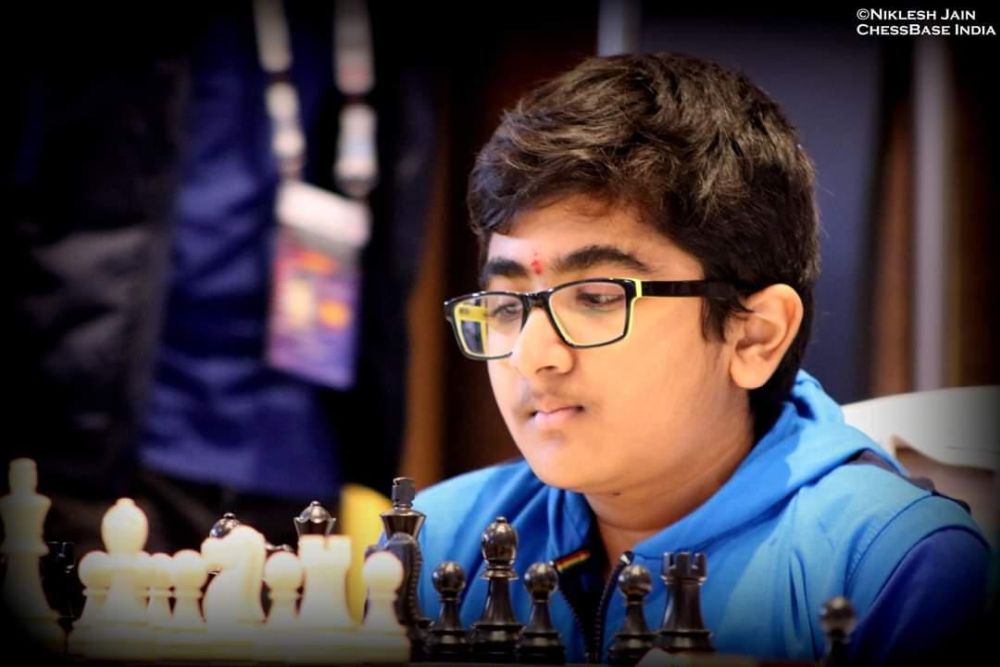
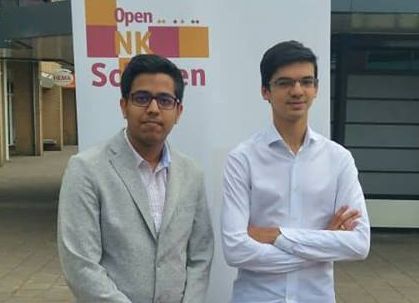
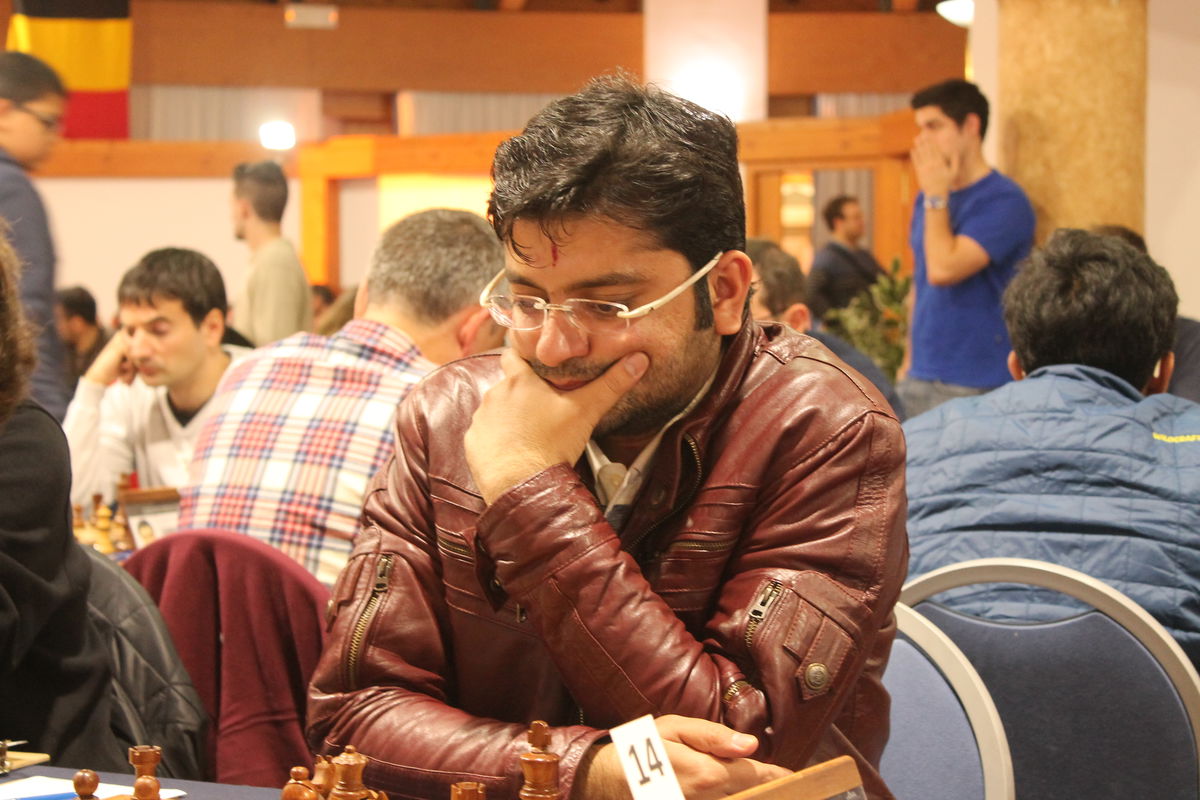
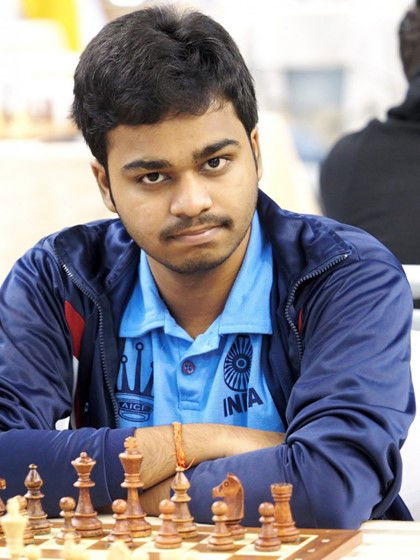
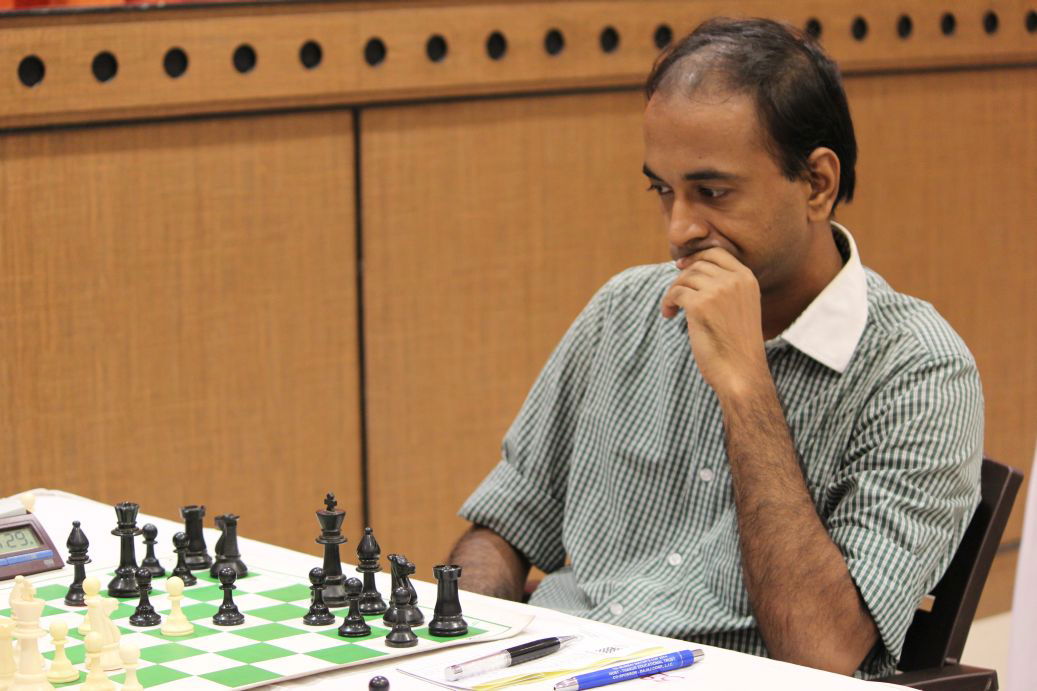
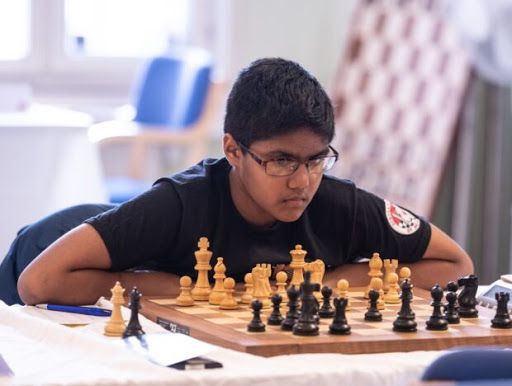
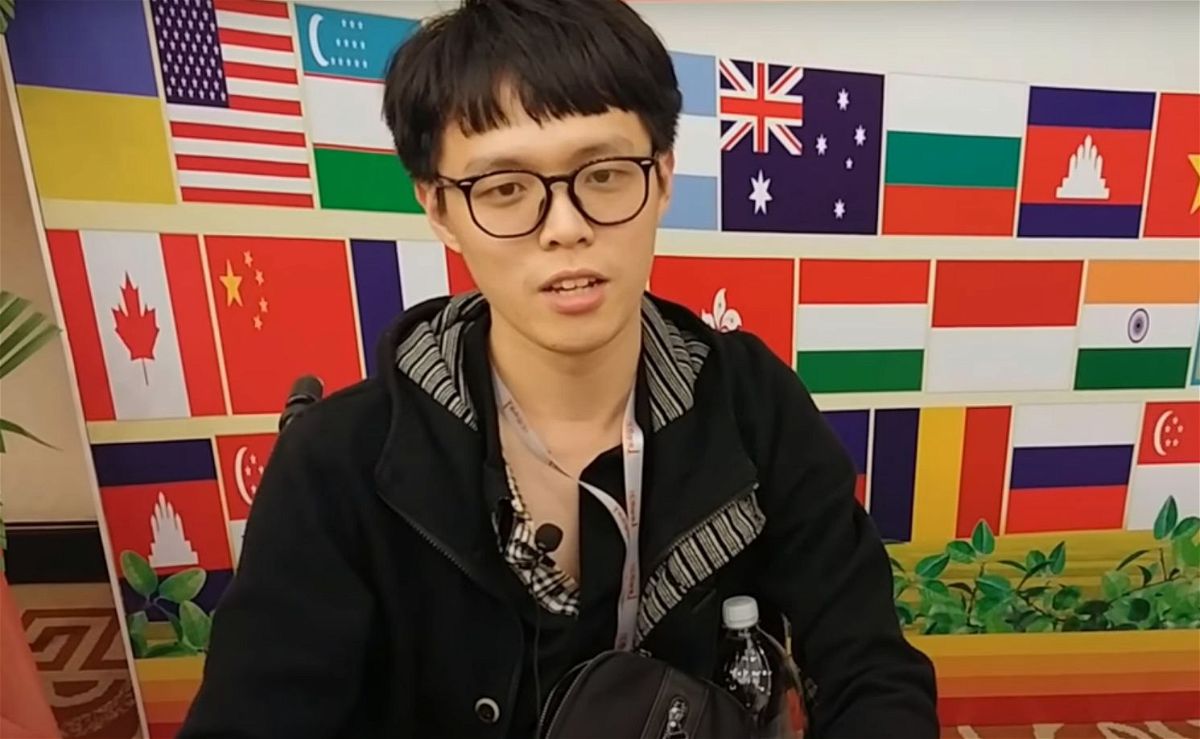
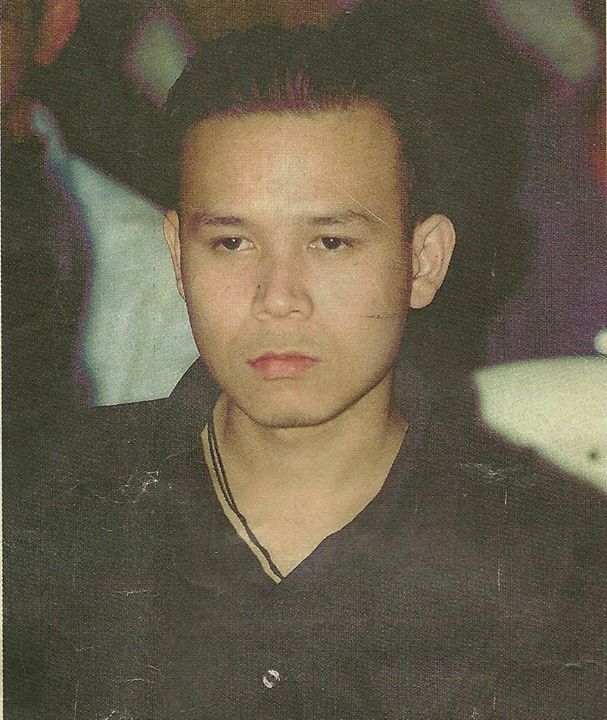
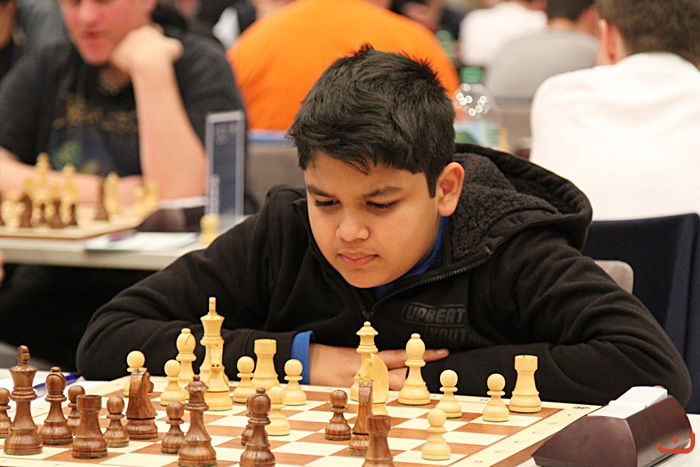
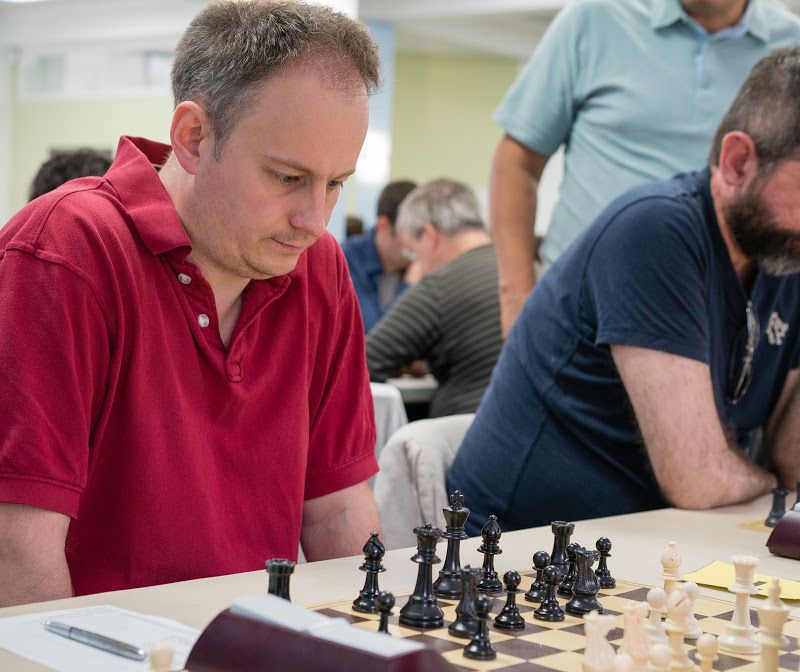
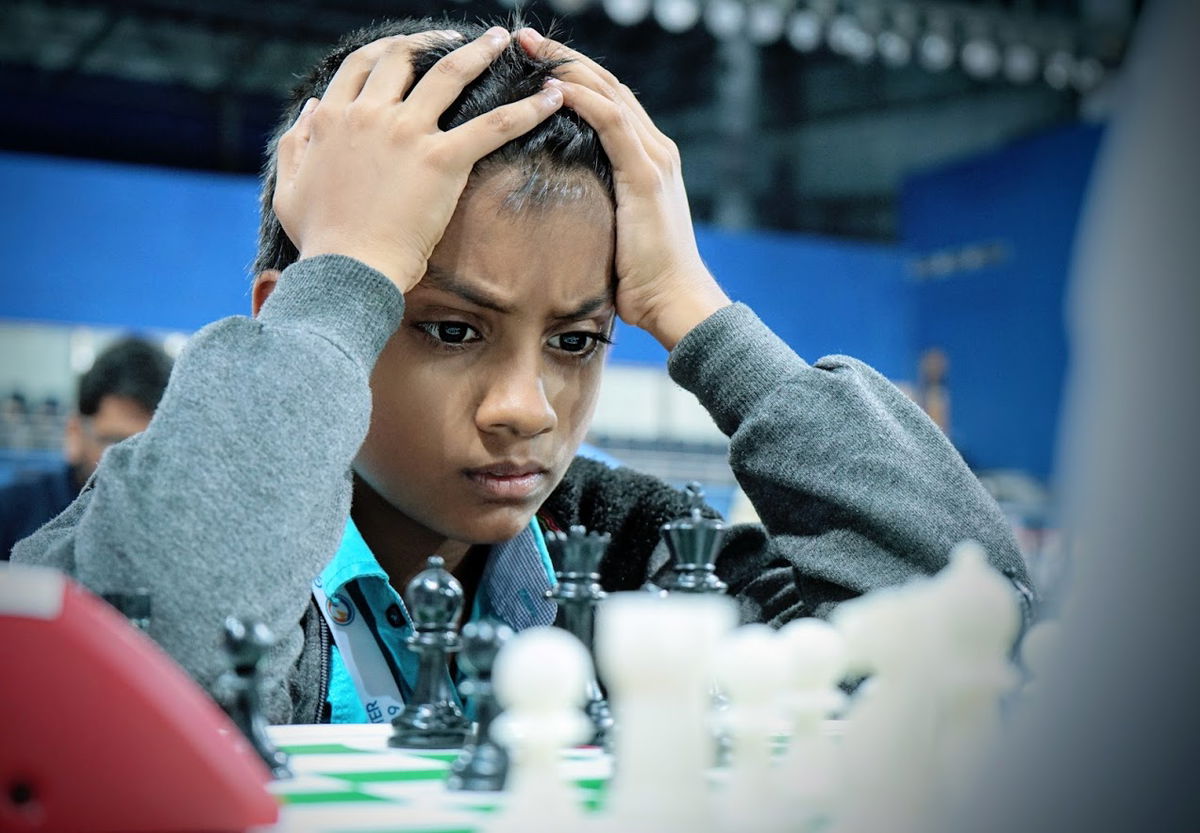
We have some more inquiries and tomorrow (30th July) is the last day of enrollment. So hurry up and write to us at chessbaseindia@gmail.com to be a part of this training camp.
Well known students who have worked with Chuchelov on the Strategic Balance course
There are many world class players who have worked with GM Chuchelov on the Strategic balance course. They are: VanWely, Georg Meier, Robin Van Kampen, Benjamin Bok, Parimarjan Negi, P. Harikrishna, Krishnan Sasikiran, B.Adhiban, Abhijeet Gupta, Tania Sachdev, Dronavalli Harika, Hou Yifan, Zhansaya.Abdumalik, Jan Smeets, Daniel Stelwagen, Erwin l’Ami, Jeffery, Xiong, Vidit Gujrathi and many others.
Amongst the top 10 players in the world those who have worked with Chuchelov on Strategic balance course are GM Anish Giri, Fabiano Caruana, Teimour.Radjabov and Lenier Dominguez.
Details of the online camp from 1st to 10th of August 2020
1. The online camp with GM Vladimir Chuchelov and Vidit Gujrathi on Strategic Balance is organized by Vidit Chess Academy and ChessBase India.
2. It will be held for 10 days from the 1st of August to the 10th of August 2020. The timings of the training camp will be informed to you, but most likely the camp will start each day around 11 a.m - 12 p.m. and will go on until 6-7 p.m. in the evening.
3. It will be a total of 50 hours of training with GM Chuchelov working with the students for 40 hours and GM Vidit Gujrathi working for 10 hours.
4. The course is open for students above the Elo of 2300 only. Although exceptions can be made for people below the rating of 2300. All those who are below 2300 and would like to participate, can write to chessbaseindia@gmail.com.
5. The maximum number of students in the camp will be 14.
6. Generally such camps with Chuchelov only happen in his hometown in Eupen in Belgium and are very expensive. However, in this lockdown this camp on Strategic Balance will be happening online and the total fees of the camp is Rs.1,50,000.
7. The last date of registration is 30th of July 2020.
8. Payment details:
CHESSBASE INDIA 64 SQUARES PVT LTD
A/C. No. :- 50200017108411
Type of Account: Current Account
Bank Name: HDFC Bank.
Branch Name :- GHATKOPAR EAST-TILAK ROAD
Branch Address :- 001 / 002,Samyak Darshan,Junction Of Tilak Road& Vallabh Baug Lane,Mumbai,
IFSC CODE :- HDFC0000118
9. All players including players outside India who would like to participate and have any questions can write to us at chessbaseindia@gmail.com
Vision of Vidit Chess Academy
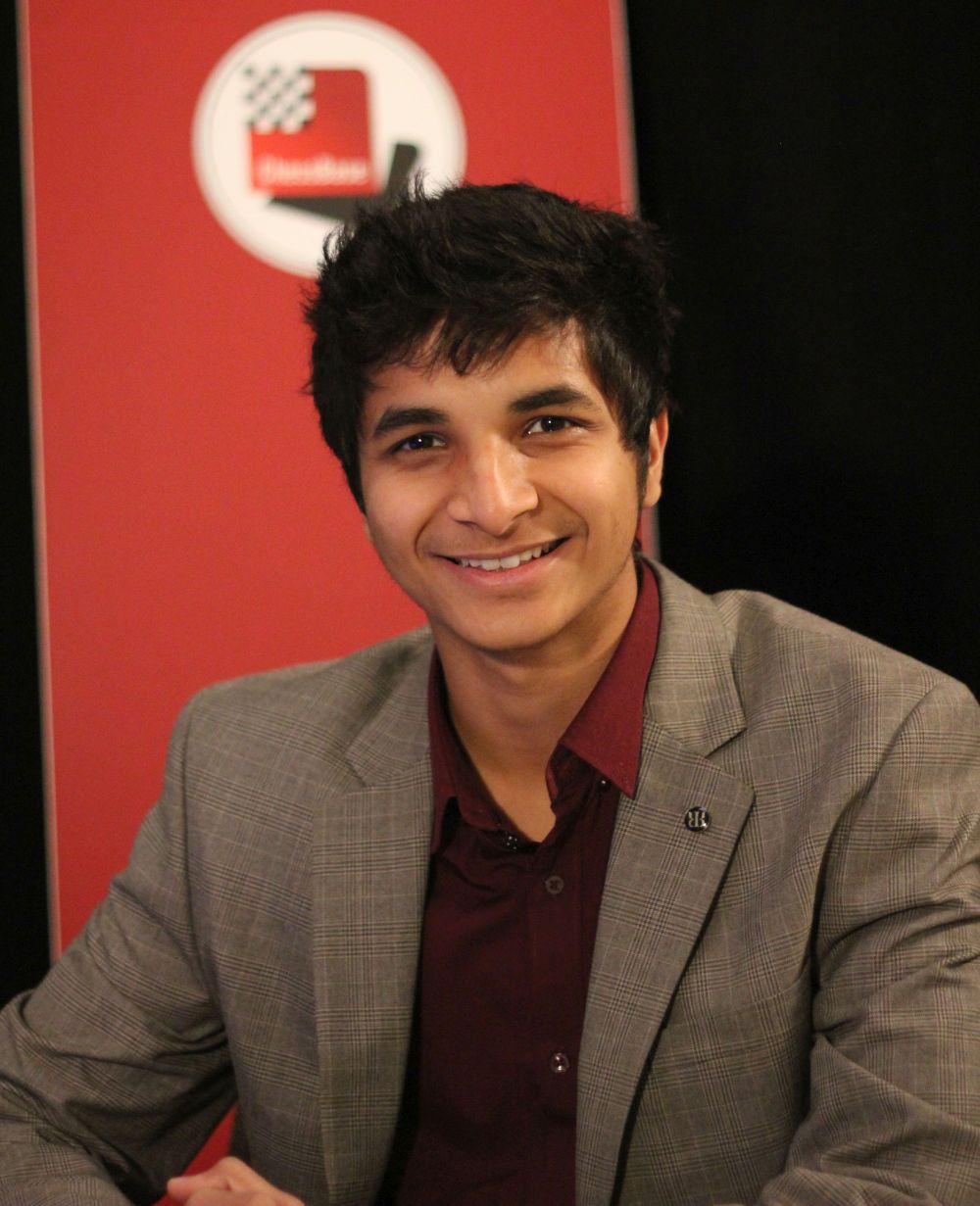
Vidit Chess Academy is the brainchild of GM Vidit Gujrathi and the aim is to bring the highest quality training and chess material to the students. Vidit has gone through the grind of chess improvement and has managed to become one of the top-most GMs in the world of chess. Through out his journey he has worked with many people with whom he has a personal equation and knows about their work ethic and quality of training. Through his academy he would like to bring forth more such training concepts which have helped him to reach a career high Elo of 2726. Vidit Chess Academy is the co-organizer of the Chuchelov training camp along with ChessBase India and Vidit also will be spending 10 hours to train the participants in the camp.
A big thanks to Satanick Mukhuty for transcribing Chuchelov's interview





